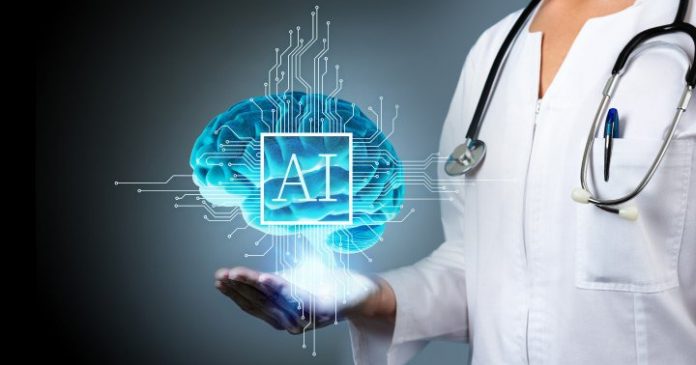
AI-Powered Tools: Revolutionizing the Healthcare SectorAI-Powered Tools: Revolutionizing the Healthcare Sector Artificial intelligence (AI) is rapidly transforming the healthcare sector, providing unprecedented opportunities for innovation and improved patient outcomes. AI-powered tools are revolutionizing various aspects of healthcare, from diagnosis and treatment to drug discovery and personalized medicine. 1. Enhanced Diagnosis and Prognosis: AI algorithms can analyze vast amounts of medical data, such as patient records, imaging scans, and genetic information, to identify patterns and abnormalities. This enables earlier and more accurate diagnoses, leading to timely interventions and better health outcomes. AI-based diagnostic tools can assist clinicians in detecting diseases like cancer, heart disease, and Alzheimer’s in their early stages. 2. Precision Treatment Planning: AI can personalize treatment plans by considering a patient’s individual genetic profile, medical history, and lifestyle. AI-powered systems analyze data to predict the most effective treatments and dosages, reducing trial and error and improving treatment outcomes. This approach is particularly valuable in treating complex conditions like cancer and genetic disorders. 3. Drug Discovery and Development: AI algorithms can screen vast databases of potential drug compounds and identify candidates with the highest likelihood of success. This accelerates the drug discovery process, reducing time and cost. AI can also predict drug efficacy and safety, enabling the prioritization of promising candidates for clinical trials. 4. Personalized Medicine: AI powers the development of personalized medicine approaches that tailor treatments to the specific needs of each patient. AI algorithms can analyze genetic information and other data to identify individuals at high risk for certain diseases or who may respond differently to specific therapies. This allows for proactive interventions and customized treatment plans. 5. Telemedicine and Patient Monitoring: AI-powered tools enable remote patient monitoring and telemedicine consultations. Wearable devices and sensors can collect real-time health data, which is analyzed by AI algorithms to detect anomalies and trigger alerts. This allows healthcare providers to intervene remotely, monitor chronic conditions, and provide timely care. 6. Administrative Efficiency: AI can automate many administrative tasks in healthcare, such as scheduling appointments, processing insurance claims, and managing patient records. This frees up healthcare professionals to focus on patient care, reduces costs, and improves operational efficiency. Conclusion: AI-powered tools are transforming the healthcare sector by improving diagnosis, personalizing treatment, accelerating drug discovery, enabling remote care, and streamlining administrative processes. As AI technology continues to advance, healthcare professionals can expect even greater innovation and improved patient outcomes in the years to come. By leveraging the power of AI, the healthcare industry is moving towards a future where precision, efficiency, and personalized care are the norm.
Posted inNews